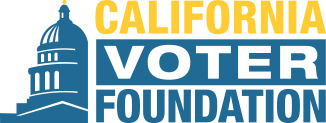Excerpt:
Forget election night. Election season has been upon us for weeks, and it won’t be over anytime soon.
California’s prodigious adoption of vote-by-mail balloting has done more than fundamentally alter how we engage in the democratic process. The shift has also necessitated a cultural reconfiguration about election night results, and recast the timeline for learning outcomes in many races.
Definitive answers will likely only be clear in the most lopsided of contests by late Tuesday night. And conclusive results could take days or weeks to emerge in some of the tightest races.
- - - - - - - - -
Think of it this way: When a Californian shows up at a vote center and casts a ballot in person, as was once commonplace, all the verification is done up front at the vote center. When that ballot arrives for tabulation, no extra steps are needed.

